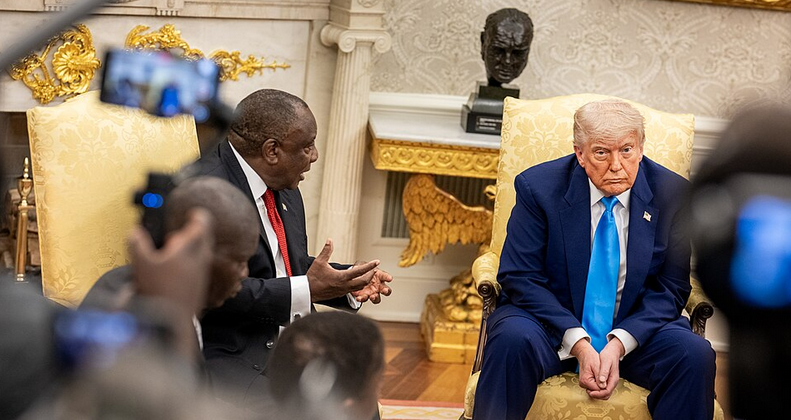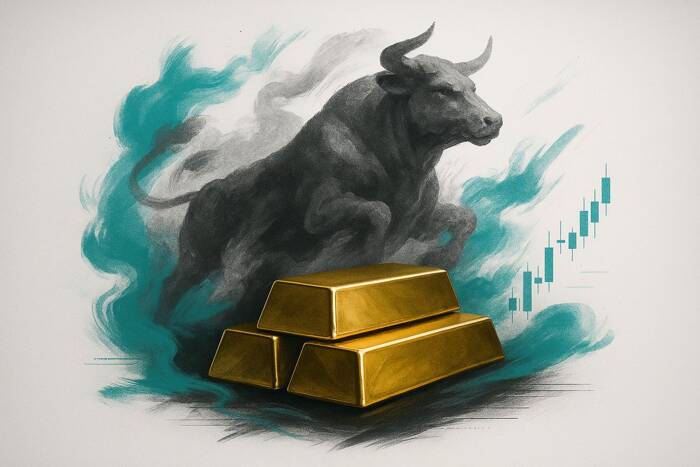The Thai Baht's Unlikely Surge: A Blessing or a Curse?
The Thai baht is poised to record its largest annual gain in six years against the US dollar, presenting both opportunities and challenges for Thailand's newly appointed Prime Minister Anutin Charnvirakul's government. This unexpected rally has sparked debate about its impact on the nation's economy.
Why is the Baht Defying Gravity?
The baht's strength is puzzling, given Thailand's economic realities. Despite facing a 19% US tariff, sluggish tourism, and high household debt, the currency has surged. The baht has climbed roughly 5% against the dollar since President Donald Trump's tariff announcement, surpassing regional peers such as the Singapore dollar and the Indonesian rupiah.
Several factors contribute to the baht's strength. A government economic stimulus plan, a rebound in tourism, and traders selling the dollar ahead of the US Federal Reserve's interest rate cuts initially fueled the rise. More recently, weakness in the US dollar, driven by concerns over Trump's trade war, has prompted investors to seek alternatives to US assets. Thailand's current account surplus, driven by stronger exports shipped before US tariffs took effect, has also bolstered the currency.
Notably, the baht has also benefited from companies establishing factories in Thailand to circumvent higher tariffs on Chinese goods. Foreign and domestic investment proposals have soared, including projects in digital, electrical, and rail infrastructure.
The Gold Connection
The price of gold significantly influences the baht. Gold prices have risen sharply in 2025 as investors sought safe-haven assets. The correlation between gold and the baht reached a nearly three-year high in June. Thailand is one of the world's top ten gold markets, deeply ingrained in its culture and economy. Rising gold prices lead traders to sell gold, converting the proceeds into the local currency and strengthening the baht. Demand for gold rose 13% in Thailand in 2024, marking four consecutive years of growth.
The Downside of a Strong Baht
While a strong baht can make imports cheaper, it poses risks for Thailand's export-oriented economy. Exporters are already struggling with new US tariffs, and the stronger baht makes Thai goods more expensive abroad. Export growth slowed to nearly a one-year low in August. Tourism is also suffering, with foreign tourist arrivals declining by 7.5% between January and September, with fewer Chinese tourists opting for more affordable destinations.
A baht that's too robust “destroys the country's competitiveness”.
Government Intervention and Concerns
Prime Minister Anutin's government is aware of the baht's impact and plans to address the issue. Fitch Ratings has cut Thailand's credit outlook to negative due to fiscal risks and weak growth prospects. The government faces a delicate balancing act: preventing the baht's gains from harming the economy without being accused of deliberate currency manipulation.
While the government has limited direct intervention, it has allowed foreign exchange reserves to reach record levels. More aggressive intervention could trigger accusations of currency manipulation from the US Treasury, potentially leading to trade sanctions. The central bank is exploring ways to reduce gold's influence on the baht, including promoting US dollar-denominated gold transactions and potentially taxing physical gold trading.
Looking Ahead
The Thai government has established a working group to address the strong baht, and its announcement has already had an impact, with the currency weakening slightly. The situation requires careful management to ensure Thailand's economic stability in the face of global economic uncertainty.
 Visit the website
Visit the website






